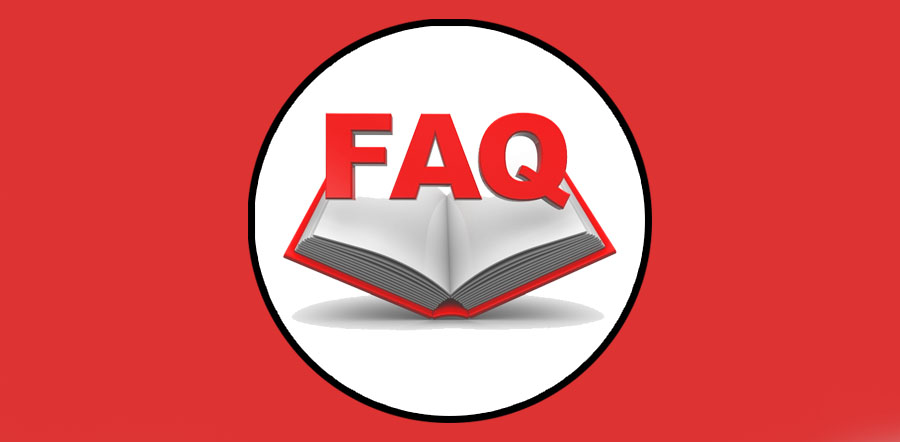CTFL
Guaranteed Success in CTFL Exam
| CTFL Exam Dumps PDF + Practice Test | |||
| Exam: | CTFL | ||
| Exam Name: | ASTQB ISTQB Foundation Level Exam | ||
| Certification(s): | ISTQB Software Testing | ||
| Questions: | 219 Questions Answers | ||
| Last Updated: | Feb 16,2025 | ||
| Price: | Was: $85 Today: $59 | ||
Check Free Demo Before Buy
$ 99.00 Original price was: $99.00. $ 49.00 Current price is: $49.00.
“The CTFL practice test is something that You’re looking for a very long time is here !”
Pass your ASTQB CTFL Exam with the Latest QuizDumps CTFL PDF Questions and Answers. QuizDumps provides [Authentic , Updated and Real] CTFL Braindumps that are prepared and verified by IT experts. If you want to get high marks then start your preparation now with QuizDumps Study Material.
1: Download Q&A PDF
You can easily download the CTFL Questions Answers PDF file for the preparation of ISTQB Foundation Level Exam and it is especially designed for ASTQB CTFL exam and QuizDumps prepared a list of questions that would be asked in the real CTFL exam.
2: Prepare Questions Answers
Use QuizDumps's CTFL exam dumps PDF and prepare ISTQB Foundation Level Exam CTFL Questions Answers with 100% confidently. We offer 100% real, updated and verified exam questions and answers tested and prepared by experts to pass ASTQB CTFL exam.
3: Pass Your Exam
After your preparation for ISTQB Foundation Level Exam CTFL exam by using QuizDumps's exam material kit you will be ready to attempt all the CTFL questions confidently which will make 100% guaranteed your success in the first attempt with really good grades.
-
CTFL
ISTQB Software Testing
Updated: 2025-02-18 219 Questions -
Marketing-Cloud-Account-Engagement-Consultant
Salesforce Marketer
Updated: 2024-11-03 261 Questions -
ADX-211
Salesforce Certified Administrator
Updated: 2023-05-20 243 Questions -
ADX-201
Salesforce Certified Administrator
Updated: 2023-05-23 248 Questions -
CTFL-Foundation
ISTQB Foundation Level
Updated: 2025-02-20 272 Questions -
GitHub-Foundations
GitHub Certifications
Updated: 2024-09-12 75 Questions -
CWSP-207
CWSP
Updated: 2024-06-25 119 Questions -
GCP-GCX
Genesys Certified Professional
Updated: 2024-10-30 135 Questions
Main points of ASTQB CTFL Test
The ISTQB Certified Tester Foundation Level (CTFL) exam covers a broad range of software testing fundamentals. The main points can be grouped into the following key areas:
1. Fundamentals of Testing:
- The software testing context: Understanding the role of testing within the software development lifecycle (SDLC), different software development models (Waterfall, Agile, etc.), and the relationship between testing and other development activities.
- Testing principles: Key concepts like testing shows the presence of defects, not their absence; exhaustive testing is impossible; early testing; defect clustering; etc.
- Test levels: Understanding the different levels of testing (unit, integration, system, acceptance) and their purposes.
- Test types: Differentiating between various test types such as functional testing, non-functional testing (performance, security, usability, etc.), and static testing (reviews, inspections).
- Software test process: The stages involved in planning, designing, implementing, executing, evaluating, and reporting on testing activities.
2. Static Techniques:
- Reviews: Different types of reviews (informal, walkthroughs, inspections) and their purpose.
- Static analysis: Using tools to analyze code without execution to identify potential defects.
3. Test Design Techniques:
- Black-box techniques: Techniques that don't require knowledge of the internal code structure (e.g., equivalence partitioning, boundary value analysis, decision table testing, state transition testing, use case testing). This is a major portion of the exam.
- White-box techniques: Techniques that require knowledge of the internal code structure (e.g., statement coverage, branch coverage, path coverage). Less emphasized than black-box techniques on the CTFL exam.
- Test data: The importance of creating appropriate and representative test data.
4. Test Management:
- Test planning: Defining the scope, objectives, resources, and schedule for testing activities.
- Test estimation: Estimating the effort and time required for testing.
- Test monitoring and control: Tracking progress, managing risks, and making necessary adjustments to the test plan.
- Test reporting: Communicating test results and findings to stakeholders.
5. Tool Support:
- While the exam doesn't focus on specific tools, it's important to understand the types of tools used in testing (test management tools, defect tracking tools, test automation tools).
In summary: The CTFL exam emphasizes a strong understanding of fundamental testing concepts, principles, processes, and techniques. A significant portion of the exam is dedicated to black-box test design techniques, and understanding the software testing lifecycle is crucial. It's less focused on specific tools or advanced techniques, concentrating instead on building a solid foundation in software testing. The syllabus provided by ISTQB is the ultimate authority on the specific topics covered.
Comments

